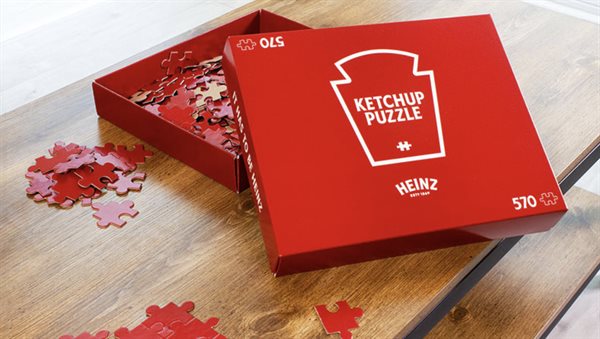
Top stories






More news
















The move from Level 4 to Level 3 of lockdown in South Africa will create a dramatic shift in operations across local industries. The physical movements of consumers will start changing again and the way they interact with brands will continue to evolve. Let’s unpack what the next normal could look like and the major role creativity will play in keeping brands relevant.
Posterscope – our location experts – are expecting drastic changes in travel behaviour, which will impact shopping behaviour as detailed in their latest trends report. Here’s a quick guide if you don’t have the time to read the full report.
As South Africans start to travel in and around their cities again, there will be a drastic change in traffic patterns. While commuters and logistics companies have not been travelling the same distances in the initial months of lockdown, this is set to change with schools reopening and more industries and people returning to the workplace. According to Posterscope, the early-morning commute to get to work will become a late-morning drive, with an earlier commute home.
Shorter and more local trips will boost business for local malls, convenience stores and smaller shopping centres. Fuel consumption is set to increase when compared with the lockdown period, but will not return to 2019 levels for some time. E-commerce logistics companies may partly fill the fuel- consumption gap as consumers focus on e-commerce and convenience stores that will save them time. Any retail environment that can offer a basket of solutions or utilities will trump destination stores. These behavioural changes will force marketers to step into the next normal with optimism and focus on consumer utility. Now, more than ever, localised, data-driven insights will inform campaigns and executions, ensuring they are relevant and targeted.
Another trend that is accelerating is the concept of ‘vehicle sharing’, or carpooling. As consumers begin to work in a more flexible way, they will commute less. The need to own multiple vehicles per home will decrease, and the cost of insurance, and running and maintenance costs will deter new-car buyers in future.
As Covid-19 moves from the east to the west of the globe, there is a clear trend emerging in home experiences. There is already a growing tendency in most countries to move further from cities and to commute to work less often. International and local air travel will be reduced, and consumers will seek out new online experiences that keep them close to home or in their homes. Whether they use artificial intelligence (AI), augmented reality (AR), gamification or simple creative executions, these strategies will all form part of the new marketing puzzle. There’s no need for every in-home experience to be led by technology, but it should always focus on utility.
Puzzle-buying regained popularity during this pandemic, and Heinz, known for its iconic slow-pouring ketchup, saw an opportunity. The brand cleverly provided ketchup lovers, parents and puzzle lovers with a jigsaw puzzle guaranteed to keep people busy for hours, since it has no picture and the entire puzzle is red.

Due to income disparity, and the loss of purchasing power, customers will be more price-sensitive and cautious about spending. The current economic climate has put extreme financial pressure on households, so it’s no surprise that the base of Maslow’s hierarchy of needs pyramid (physiological needs like air, water, food and shelter) will become more important than the apex (self-actualisation). If brands want to ensure that their tone speaks to their target audience’s most urgent needs, their messaging will have to match that desire.
Creative bravery and humour were brilliantly executed with Burger King’s Social Distancing Whopper campaign – with three layers of onions, social distancing isn’t a nice-to-have, but a necessity. This display of relevance, and tongue-in-cheek humour, made this brand stand out from the clutter.
For our clients, we see an opportunity to: